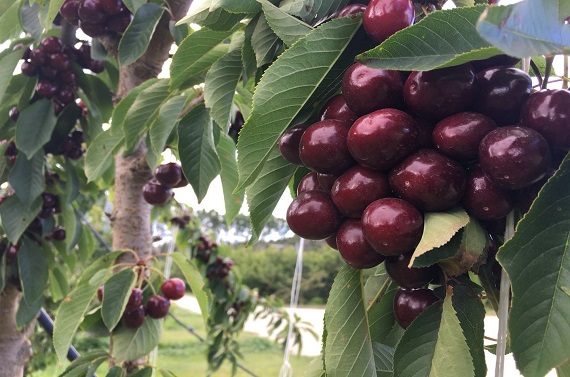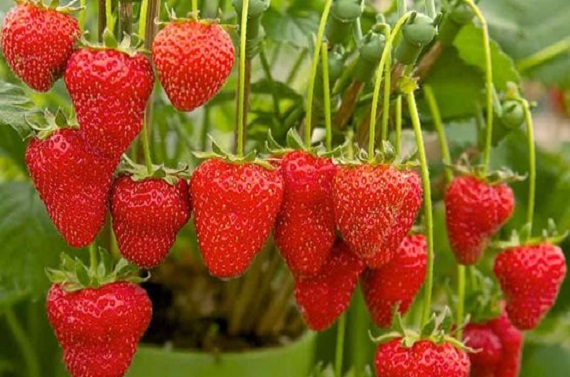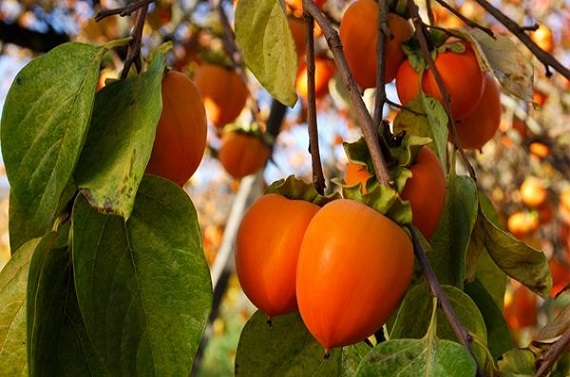CHERRIES
Season: November to February
Three main varieties are grown in New Zealand:
Bing: This variety has larger cherries, dark red coloured, firm fruits, high antioxidants and ships well.
Stell: This variety also has large dark red coloured fruits, heart shaped and firm fruits. these are picked during December and January months.
Summit: This variety of fruits heart shaped, moderately firm but very sweet and aromatic. It contains relatively small stones.






